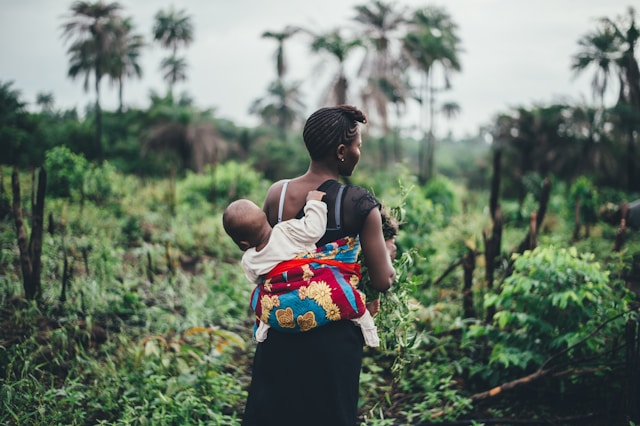DRC – UN experts on Thursday sounded the alarm over increasing human trafficking for sexual exploitation, stemming from conflict and displacement in the eastern Democratic Republic of Congo.
DRC’s mineral-rich east has been racked for 30 years by fighting between both local and foreign-based armed groups, going back to conflicts from the 1990s.
The crisis has worsened as M23 rebels have seized vast swathes of territory, almost completely encircling Goma, the provincial capital of North Kivu, killing scores of people and displacing hundreds of thousands more.
#RDC🇨🇩La population de #Kanyabayonga a refusé de fuir et a attendu que les hommes du #M23_AFC pour les accueillir avec joie. La route Kanyabayonga Rutshuru Goma est ouverte. pic.twitter.com/pW7NbdzQOy
— Kevin Muruta (@KevinMuruta) July 1, 2024
“We are appalled by the numbers reported, at least 531 victims of conflict-related sexual violence from August 2023 to June 2024, in the provinces of North Kivu, South Kivu, Ituri, Tanganyika and Maniema,” the experts mandated by the UN Human Rights Council said.
“Allegations brought to us describe displaced women and girls abducted for the purpose of sexual violence, sexual exploitation or sexual slavery, while looking for food or firewood or involved in farming activities,” they said, adding that “reports of involvement of security and defence forces” were a “serious concern”.
The experts also expressed concern about the closure of the UN “MONUSCO” mission in the DRC, which is home to an estimated 100 million people.
MONUSCO recently withdrew from the South Kivu province and is due to leave North Kivu and Ituri, the last two provinces where it is still active, at an unspecified date.
“We are worried that with the MONUSCO withdrawal, key components of early warning systems of human rights violations will no longer be operational,” the experts said.
Congolese authorities called for MONUSCO’s withdrawal after 25 years, considering it ineffective in the fight against armed groups.
The DRC has around 7 million displaced persons, including 2.8 million in North Kivu, according to the UN.
Follow African Insider on Facebook, Twitter and Instagram
Source: AFP
Picture: Unsplash
For more African news, visit Africaninsider.com


